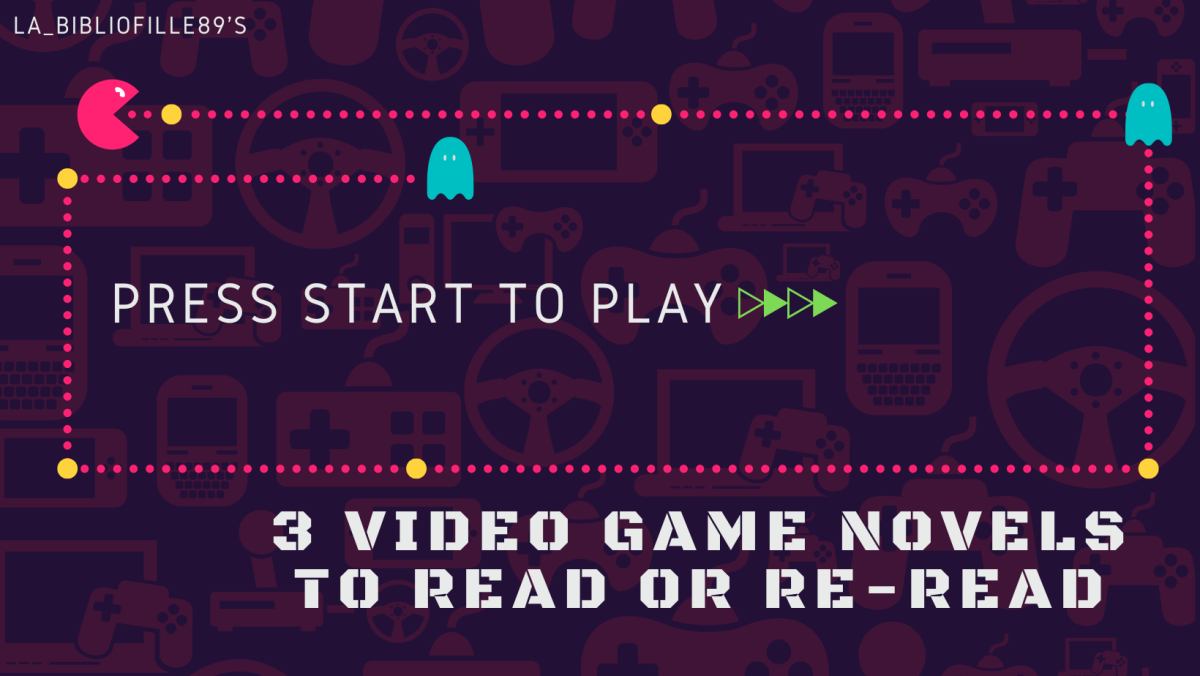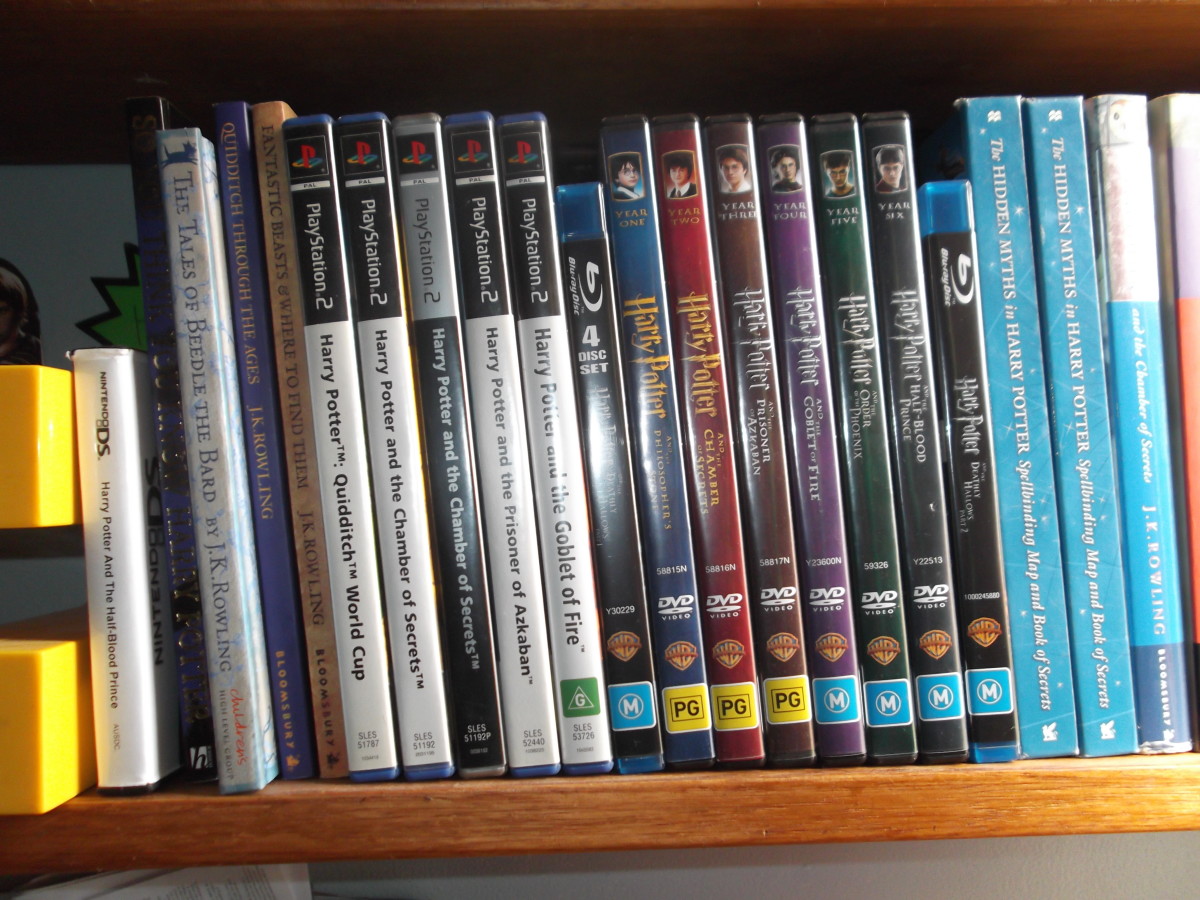Bookless Libraries-A Frightening Trend
In the 1953 classic, Fahrenheit 451, we read of Guy Montag, a fireman whose job is to burn books. The government fears a free-thinking society, and to suppress independence, bans all books. Residents are immobilized by big TV screens, and our main hero realizes firemen are rarely necessary because the public itself stopped reading of its own accord. With bookless libraries rising as the scholastic trend, this science fiction novel is eerily prophetic.

Why Are Bookless Libraries Appealing?
Libraries perpetually struggle for adequate funding. Eliminating infrastructural necessities to house copious volumes, the book shelves to contain them, and the money to purchase them, budgets are more manageable. Bookless libraries aren’t faced with replacing lost or damaged products, and theft rarely occurs. When patrons check out their own selections from home on an electronic device, staffing issues are reduced.
Our world is more eco-conscious, and going green has become vogue. When you go paperless, you’re doing your part to save the world, marketers trumpet. While being good stewards of our environment is commendable, is that the chief aim of e-book proponents? Hardly. E-books reduce publishing costs, warehousing costs, and time spent handling materials. Have you switched to on-line bill paying because companies charged a fee to send you a paper copy? Going paperless might sound environmentally conscientious, but at the core, the purpose is corporately self-serving.
E-books are instantaneous. People purchase Keurig coffee makers because they want a cup of coffee fast, and they microwave food to get it to the table quicker. E-books offer the appeal of the instant download to your device and eliminate a trip to the library. They are automatically removed on your due date—no worries about late fees or finding time to return them. E-books appeal to busy moms, shut-ins, and professionals who simply can’t find the time to physically visit the library, as well as germaphobes who don’t want to handle books when they don’t know where they’ve been!
Bookless libraries offer more digital selections than they could afford to purchase and store in-house. This is especially useful to college libraries where a comprehensive number of materials are needed to encompass all the fields of study offered. Bookless libraries also serve patrons on limited incomes who cannot afford connection fees or pricey devices.
Why Many People Still Prefer Printed Books
While e-reader sales continue to increase, statistics reflect people who prefer print stick with it. There is significant overlap among those who read e-books, listen to audio books, and also read print, but print has hardly been abandoned. What is the appeal of the printed word over its digital counterpart?
Imagine walking through the library or bookstore, trying to decide which book you want to read. How do you choose? If you don’t already have a specific book in mind, inventive book covers and captivating titles are what attract your attention. Publishers go to great lengths to create appealing covers and catchy titles to entice you. Digital images lack the same appeal. Digital copy simply doesn’t sing the same Siren song of print.
E-readers possess the capability for readers to highlight, underline, and flip through text, but it’s not the same as print. It’s like drinking a flat can of soda. Writing helps people learn and retain information in ways clicking or tapping through text cannot match. Many readers are inspired when surrounded by shelves full of tempting selections. They spy volumes to check out this trip and are excited about new offerings to snatch next time. Bookless libraries are cold, uninviting, and offer a soul-less atmosphere.
When you crawl into bed at night, are you more comfortable in your favorite pajamas or your dressiest suit? Curling up with a printed book is comforting to readers. Holding a book in one hand and a warm drink in the other is the perfect recipe for rest and relaxation. It’s like hooking up with an old friend—it’s a comforting and familiar relationship. Digital copy only offers a virtual experience lacking depth. It’s like pressing zero on your phone to talk to a real person about an issue, yet finding it impossible to circumvent the automated system. Digital is impersonal. Print is warm and inviting.
Think of the person you love the most. Maybe it’s a parent, a spouse, or your kids. Now, imagine all future contact with that person being conducted through Skype. Would you miss being able to touch, hug, and bask in the warmth of his or her presence? Of course you would. Bookless libraries are relegating reading to a test tube, resulting in an artificial experience.
Bookless Libraries Post A Threat
Unlike a trusty companion you can pull off the bookshelf, a digital copy is something you can’t really own, per se, but rather acquire by accessing a data base. What can be digitally placed onto your device can just as easily be removed. If you are familiar with the American IRS scandal, recall how all of the implicating e-mails vanished into thin air. Digital media can disappear into a cloud as quickly as it materialized.
Consider the long-term ramifications. Many oppose censorship and fight for our constitutional right of freedom of speech; however, what if print one day disappears altogether, and we are left at the mercy of the Internet to provide us with “truth?” Will freedom of speech and expression be the same, or will it be slanted according to the agenda of the government, the world system, or some faceless e-publisher? The book industry is driven by the trend of consumers, and bookless libraries could potentially lessen the demand for print. Just imagine if hard copies of our nation’s historical documents could only be accessed digitally. What if Bibles could only be found on-line? In the wrong hands, a mind-controlling regime has the power to rewrite our history and subvert scripture. How will younger consumers know about such revisionist practices that exchange the truth for a lie if books are removed from their hands? Even today, when we share stories we’ve read on-line, friends joke, Don’t believe everything you read on the Internet. Doctors shake their heads when they find their patients self-diagnosing through WebMD or similar sites. Why? You can’t believe everything you read on-line. Anyone can post an article that seems valid, yet fill it with artificial data, false facts, unscientific statistics, and pure opinion laced with conviction. On-line books without the hard copy print to back them up are like failing governments issuing paper money without housing the matching gold in the treasury.
For centuries, people have understood knowledge is power. Printed books are society’s best arsenal against ignorance, and the printed word prevents individuals from being controlled by societal forces that would attempt to subjugate and dominate them into blind compliance. Before print existed, civilizations passed down their history and beliefs orally and through pictorial representations. Is that what we will be reduced to? Are we on the brink of a New Dark Ages?
Rejecting bookless libraries isn’t about failing to modernize or adapting to changing times. You’d be hard pressed to find someone who preferred the quality of a VHS tape over Blu-ray. There’s no comparison. While modes of transportation began with horseback and ended with cars and planes, while music has evolved from 8-tracks to MP3, books have remained timeless. The printed word has survived through centuries because technology has changed, but people haven’t. Mankind still deals with the same struggles, the same temptations, the same aspirations, the same relationships as those from the dawn of creation. Books speak to the human condition and transcend time.
Bookless public libraries aren’t the only trend. Bookless school libraries are also on the rise. Schools are prostituting themselves for grant funding to transform their libraries and reduce future costs. Such grants are awarded to schools willing to take bold, new approaches that promote innovative local ideas to transform and modernize their educational systems. Community book bashes are being sponsored by schools to find outlets for their unwanted books, books that are being replaced with computers, software, and on-line learning materials. Why not just burn them, like Fahrenheit 451 predicted? The days of young children visiting the library during class time and bringing home books to show mom and dad are over. How do we know what our kids are reading? How do classroom teachers engage young students with colorful illustrations from hardcover classics during circle time when those educational resources are slowly being phased out? Some schools use grant money to purchase iPads for students so they don’t have to haul heavy stacks of books to and from school. In a country where we fuss about childhood obesity and advocate exercising and healthy living, we’re worried about kids flexing some muscle? Don’t assume schools are acting in the best interests of your children. You, the parent, are the one who knows what is best for your child. If schools are so easily seduced by the highest funding source, join forces with other concerned parents. Stop passing heavily promoted tax levies, despite the school’s bullying threats to eliminate bussing and other services, until they start heeding your voices and taking public opinion into serious consideration before instituting sweeping changes aimed at lobotomizing our youth.
Reconciling Print And Digital
A bookless library is the ultimate paradox. One authorquipped, a bookless library makes about as much sense as a foodless kitchen. Both leave you empty! Still, taking advantage of digital media doesn’t have to mean the death of print. The two do not need to be mutually exclusive but can co-exist, giving modern readers the best of both worlds. The printed word has lasted for centuries for a reason. The entity controlling the digital world is the entity capable of controlling the populace and dumbing them down to automatons who don’t question what they read.
Social media has already made great strides in eliminating human contact and physical interaction with others in the true sense of the word relationship. People are being conditioned daily to go through the motions of communicating without a soul, without a heartbeat. While we live in a time of unprecedented technological advancement, our relationships are suffering as they devolve into the mechanical and the superficial. Knowledge continues to increase, but understanding is nearing extinction. Once upon a time, people balked at the thought of receiving the mark of the beast, as referenced in Revelation 13:17. Today, it’s easy to see how efficient it would be to insert a chip into the hand and simply scan it so one might buy or sell. The trap has already been set. Over the decades, we have gotten comfortable with using our social security card to manage accounts and taxes, swiping our credit cards for purchases, scanning our groceries at the self-check—bookless libraries are just another piece of the puzzle hurling us towards Armageddon. And, the birth pangs are increasing

What You Can Do
In 2002, the Santa Rosa Branch Library in Tucson, Arizona attempted to switch to an all digital library. The endeavor failed because people were weary of electronics and demanded books to be returned to the shelves. Public protest made the difference. Now, Florida Polytechnic University and San Antonio, Texas’ BiblioTech libraries are prototypes of modernized libraries. In reality, they are models of a civilization falling into sterility and intellectual slavery. We must speak up! Allowing books to slip through our fingers while being forced to accept electronic substitutes warrants outrage. The collective voices of people who remain stalwart and unwilling to be duped by digital wield great power.
Cite your grievances to local libraries considering the switch. If they plan to eliminate the books you love, assure them you will eliminate your patronage and vote when levies are sought for their operation. Contact your local and state senators and representatives about this subversive approach to learning and encourage them not to provide grant funding to schools and other entities wishing to convert their libraries to bookless and lifeless space. Attend public board meetings in your school district to raise concern, community awareness, and parental support for school libraries to supplement, not replace, print books with digital media.
Educate your children. Start your own family book collection. Put print books into the hands of your children and make reading a priority in your home. For older kids, brush up on the classics and lead your own family literary study where you guide them in an analysis of craftily written novels. Supplement your reading with enrichment activities that are fun, interactive, and foster a love of learning. Blog about your literary experiences as a family. Teach your children to be critical readers who don’t take what they read at face value, but question its validity and relevance in its relation to your family’s code of morals, values, and beliefs. Memorize, memorize, memorize! If you enjoy Bible study, have a verse of the week for your family to memorize. Post it on the refrigerator and refer to it often. If books disappear and are replaced with revised digital versions, truth may be lost. What you commit to memory could be the last shred of truth to remain. Supervise all digital media your children read for appropriateness to protect them from being ensnared by biased and revisionist views that contradict the truth.
Print books have endured for centuries. Knowledge is power, and without it, people are deceived and perish, metaphorically. How ironic to be a culture on the cutting edge of unmatched technology while the very foundation of our intellectual heritage is stripped from beneath us. Digital media has its place, but it must not lull us into a catatonic, techno stupor and replace the printed word. Our government might not be burning books, as they did in Fahrenheit 451, but they don’t have to. Embracing bookless libraries accomplishes the same purpose, but without the flames.








